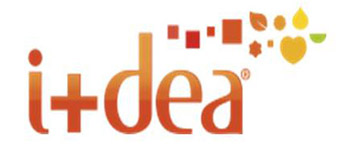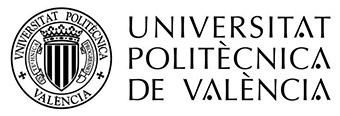
Towards healthy and sustainable breakfasts
The HEFESTO project begins, which aims to develop new baking systems to reduce consumption and process times.
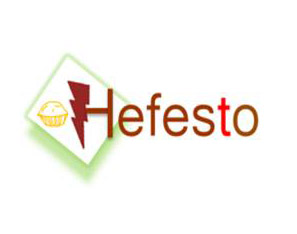 |
On the occasion of International Women's Day, Women parcipitating in HEFESTO porject publish a video where they explain part of their careers and their important functions on this project. Withouth them, HEFESTO could not be developed. |
 |
The vast majority of industrial cooking and baking lines use large tunnel kilns that run on gas and emit CO2 into the atmosphere. The CO2 emissions from the application of heat in the food industry are of the order of 0.0772 kg of CO2-equivalent per Megajulium of heat generated (8.3% of the total emissions of the whole industry and 1.3% of the gross total of emissions). With these yields, during the year 2014 the Spanish agri-food industry emitted 253,435.94 tons of CO2 to the atmosphere, 90% of which come from heat application processes. |
However, since the Montreal (1989) and Kyoto (1997) protocols, a roadmap towards emission reductions and better resource management, culminating with the Europe 2020 objectives and subsequent agreement (First of a global nature) of the Paris summit, in which the major powers commit themselves for the first time to a marked reduction in their CO2 emissions.
The objectives of Europe 2020 in relation to climate change and energy sustainability are:
- Reduce greenhouse gas (GHG) emissions by 20% compared to 1990 levels
- 20% renewable energy
- 20% increase in energy efficiency
Objectives that are very difficult to fulfill while the energy efficiency of the production lines is such that it is not profitable to undertake it with clean technologies and the use of fossil fuels (whose cost is less) is necessary.
Microwave treatments are within the so-called emerging technologies that are currently being used in various agro-food processes.
Microwave technology has found important applications and is expected to continue to improve in order to achieve added value in the processes. It is perceived that, given the needs of alternative energy sources, and provided that current deficiencies can be minimized, microwave technology can have great contributions to economic development, as well as the unique advantages it possesses given its environmentally friendly character environment.
The HEFESTO project aims to make a quantum leap in the application of microwaves to the industrial processes of the food industry and specifically in the breakfast sector, with practical application in cookie, pastry and cereal lines.
The consortium, headed by Imasdea of Grupo Siro, is technically complemented by institutes and research centers with excellence and extensive experience in microwave radiation technologies, food engineering or technologically advanced materials, such as ITACA and IIAD of the Polytechnic University of Valencia and The Institute of Ceramics and Glass belonging to the CSIC. RBT Sistemas is a SME with a long history of collaborating in R & D, has great experience in the design and construction of microwave ovens with special characteristics and is the perfect element for transferring the results to the industrial fabric.

“Generation of new sustainable baking systems to reduce consumption and process times”. Project RTC-2016-4946-3 granted by MINECO in the “Programa Estatal de Investigación, Desarrollo e Innovación Orientada a los Retos de la Sociedad, en el marco del Plan Estatal de Investigación Científica y Técnica y de Innovación 2013-2016”. Proyecto Co-financed by European Regional Development Fund (ERDF)of the European Union.

Enterprises' URLS:
|
|
http://imasdea.eu/ |
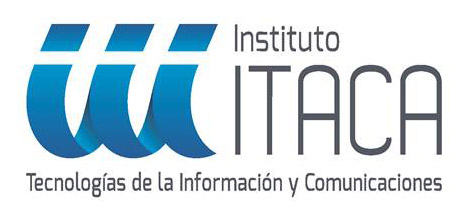 |
http://www.itaca.upv.es/ |
|
|
http://www.iiad.upv.es/ |
|
|
http://www.upv.es/ |
 |
http://www.icv.csic.es/ |
 |
http://www.csic.es/ |
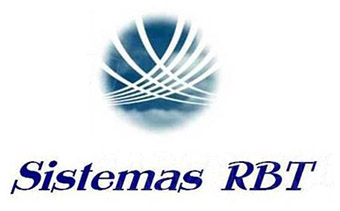 |
http://www.sistemasrbt.com/Spain/index.htm |
